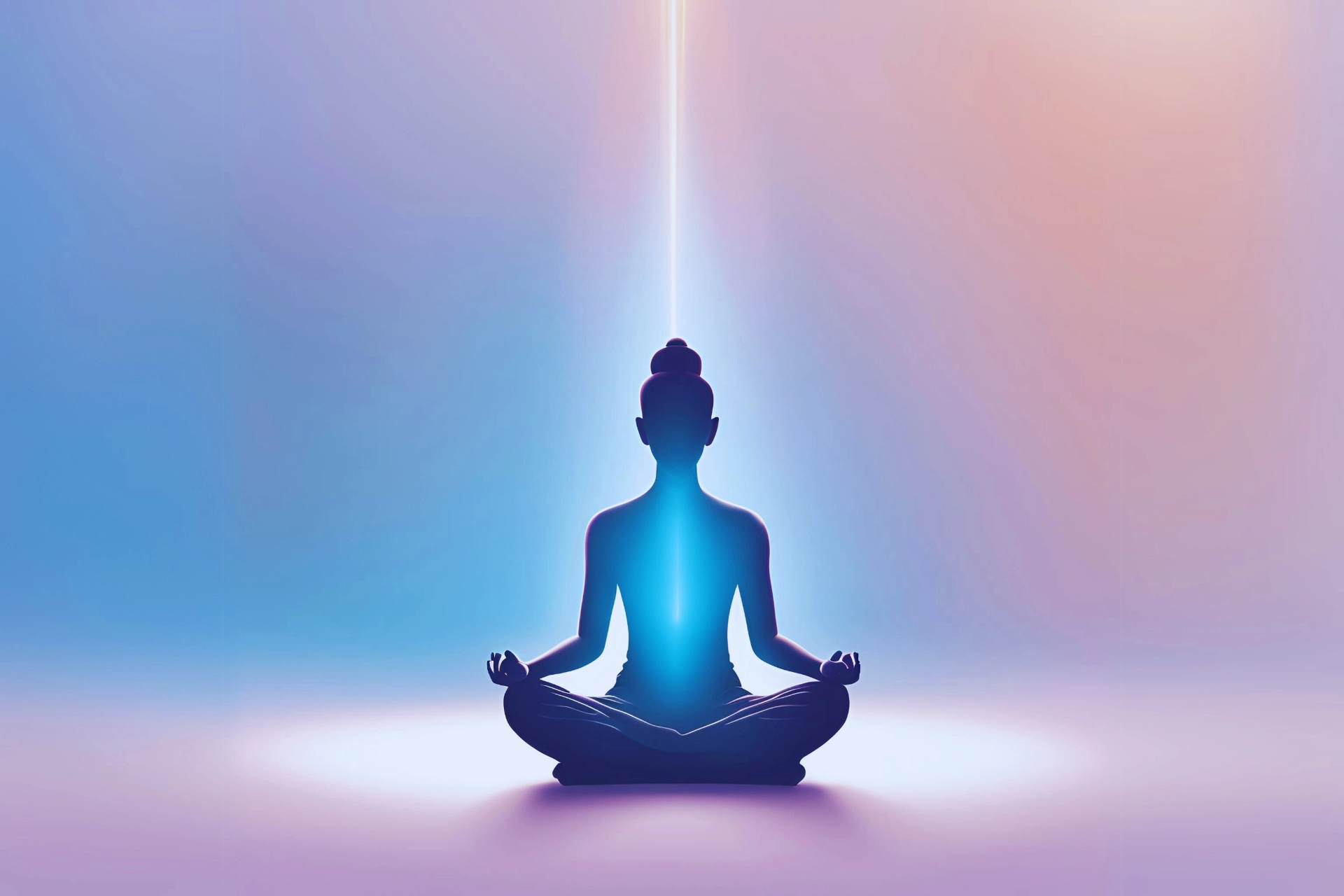
The Power of Presence
How Mindfulness, Breathing, and Meditation Transform Daily Life
By: Roy Hudlin, December 9, 2024
In a world that moves quickly, we often don’t notice how much we’ve lost touch with ourselves. One task flows into the next. Obligations build. We keep up as best we can, but the present moment slips past unnoticed.
Technology pulls at our attention. Notifications, updates, the hum of urgency. Even our quiet moments are rarely quiet. We’re connected to everything except what matters most: our own presence.
Stillness is not gone. It’s just beneath the noise. And in that stillness, there’s a kind of clarity we can return to.
Practices like mindfulness, conscious breathing, and meditation aren’t luxuries. They’re disciplines of attention. Ways of remembering what we already carry.
Mindfulness is simple. Not easy, but simple. It means paying attention, on purpose, without judgment. Noticing what’s here. A thought. A feeling. The quality of light in the room. The moment becomes something we inhabit, not just pass through.
The breath is central to this. It’s always with us. When we bring awareness to it, something shifts. The body settles. The nervous system slows. Even a few intentional breaths can bring stability in the middle of stress or indecision. It’s not dramatic. But it’s real.
Meditation builds on that same foundation. It gives us time and space to sit with what’s present. Thoughts continue. Emotions rise and fall. But we don’t get caught in them in the same way. Over time, we learn to observe rather than react. To let go of the need to fix or explain.
The value of these practices isn’t in escaping the world, but in meeting it more fully. We stop moving on autopilot. We begin to notice things again. Sunlight through a window. The sound of someone’s voice. A pause before speaking. Life regains its texture.
Mindful breathing doesn’t need to be scheduled or formal. It can happen in the middle of the day. Before writing an email. At the start of a meeting. In a moment of conflict. It’s a way of creating space, space to reflect, to choose, to respond rather than react.
Even brief meditation sessions can have lasting effects. A few minutes of quiet awareness, each day, shifts something in how we show up. The more we practice, the more familiar we become with that inner ground. We begin to live from it.
There’s a physical intelligence in all of this, too. The body responds. Sleep improves. Blood pressure lowers. We catch early signs of strain and respond with care rather than urgency. This isn’t about optimizing ourselves. It’s about listening more closely.
Emotionally, these practices deepen our resilience. We learn to recognize difficult emotions without being overwhelmed. Breathing through them, rather than being carried away. We meet ourselves with a little more patience. A little more compassion.
And in relationship, the benefits are just as clear. Mindfulness creates space for better listening. Fewer interruptions. More genuine understanding. The noise inside us quiets, and we become more available to others.
None of this depends on ideal conditions. You don’t need a retreat or a perfect morning routine. You just need to return. That’s all mindfulness asks. Come back to the breath. Come back to the moment. Do it gently. Do it often.
With time, something changes. Not all at once. But slowly. Consistently. You begin to see life with clearer eyes. You stop chasing experience and start inhabiting it. The ordinary feels fuller. The simple moments begin to carry more meaning.
In a culture built on urgency and distraction, mindfulness and breathwork offer a quiet counterweight. They draw us back to the only place where life is ever actually happening: here.
Peace isn’t something to acquire. It’s something we remember.
And presence is how we begin.